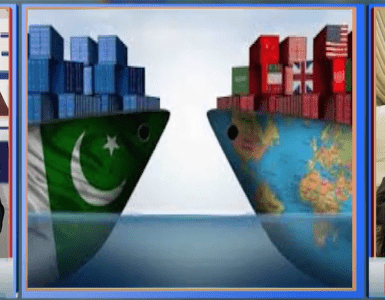The Pakistan Association of Automotive Parts and Accessories Manufacturers (Paapam) has expressed serious reservations about possible inclusion of the auto sector in free trade talks between Pakistan and Thailand.
In a letter addressed to the Ministry of Commerce secretary, Paapam pointed out that its members were perturbed by the ongoing negotiations with Thailand on reaching a free trade agreement (FTA).
Paapam says it has over 400 members that directly or indirectly employ over three million workers, technicians and engineers. These auto part manufacturers create 95% of employment in the automobile sector and are contributing to the increase in localisation of auto parts.
Following the announcement of the new Auto Development Policy (ADP) 2016-21, a feverish activity is evident in the auto industry.
Existing assemblers are gearing up for the launch of new vehicle models in 2017, 2018 and 2019, while several global manufacturers such as Renault, Hyundai, Kia, FAW and other Chinese brands have announced their upcoming entry into the Pakistan market.
This accelerated activity has led to a trickle-down effect, whereby new investments, expansion of existing facilities and new product developments are picking up pace in the auto part industry.
“The inclusion of auto parts in FTA with Thailand will instantly result in collapse of the auto sector. New entrants will shy away, the auto part industry will perish and all benefits to the country will be lost,” Paapam said in the letter.
The association insisted that the auto policy governed the future of the auto sector and its inclusion in any FTA would discredit the government and scare away massive investments that were in the pipeline.
The ADP provides a tariff roadmap for automobiles and their parts including localised as well as non-localised parts.
For localised parts, according to Paapam, reducing customs duties to zero is incomprehensible as it will shut down the entire auto part industry. For non-localised parts, the existing assemblers are already importing these completely knocked-down (CKD) parts from Thailand.
Hence, it said, the FTA duties would bring no additional advantage to Thailand. The net loser would be the Pakistan government as it would lose huge sums of tax revenues.
Additionally, the auto part manufacturing industry will be the biggest loser as the potential of future localisation of CKD parts will be eliminated.
Paapam requested the government to completely exclude the auto sector from the FTA negotiations with Thailand.










Add comment